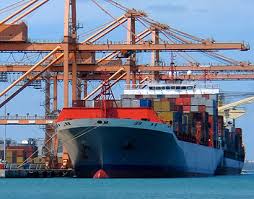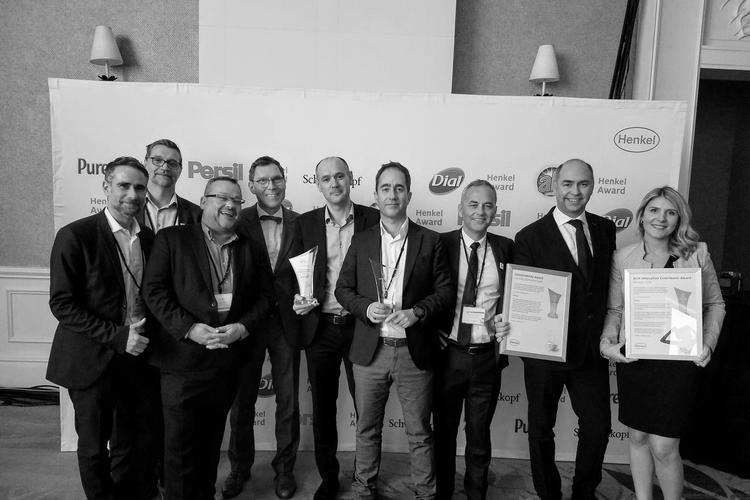It is now more than ten years since the EU Landfill Directive set mandatory targets for
the UK to cut landfill volumes or face hefty fines, and while some people face the deadlines with optimism, there is concern elsewhere that the UK’s overall approach to waste management is trailing behind continental Europe.
There was a time when the market for industrial waste shredding systems was limited to a specific range of companies with largely heavy duty waste disposal requirements. Technological innovation, landfill directive pressures and the drive for cost efficiencies have combined to make waste shredding an important consideration for companies that before didn’t even think it possible.
As waste technology becomes ever more innovative, revolutionary machines have the capability of shredding a diverse range of materials. Clients with confidential waste, for example, can now physically shred their hard drives rather than just wiping the information clean. Elsewhere, larger waste companies can now shred historically difficult household materials such as mattresses and carpets, with the same equipment to process their normal waste streams.
But technological advancement is not the only reason that shredders are being used in more and more varying scenarios.
An increasing number of companies are faced with the need to reduce waste storage costs and more importantly alleviate the pressures of landfill charges. So whilst the idea of shredding old wooden pallets perhaps doesn’t stand out as the most pioneering waste management development, when you consider that just 6 to 9 tonnes of shredded woodchip in a biomass burner generates enough energy to heat a 3000 sqm industrial unit for an entire week, the economic and environmental benefits take on a life of their own.
Wood is a non-hazardous material that should not – and cannot, by law – end up in the general waste stream. So rather than stockpiling pallets as a waste product, factories – armed with information like this – can begin to see the advantages of either creating their own ‘renewable’ energy source or supplying it to a third party as a reduced-size recyclable.
Even where waste is approved for landfill, the associated charges are high. Therefore working towards 100% recyclability now, rather than waiting to be pushed by Government directive, is undoubtedly the cheaper option in the long run.
Of course ‘the long run’ is part of the issue, as it is very tempting to ignore EU landfill diversion initiatives while we struggle for economic stability. But whether or not businesses feel ready and able to exercise their corporate social responsibility and reduce their environmental impact, current unprecedented pressures on the Government and waste management industry to find alternative solutions for utilising waste are not about to disappear.
Last year the UK, with a population of 60.5 million, has only 24 EfW plants compared to environmentally conscious Denmark, which has 32 plants for a population of five million. A survey by international legal practice Norton Rose has also revealed that more than two thirds (69%) of senior waste sector stakeholders believe the UK will miss the 2013 landfill reduction target.
There is however still chance to catch up. News that France and Germany have already been able to meet their EU targets sends a clear message that it can be done – providing the UK embraces innovative waste processing technologies in the same way.
And encouragingly, there are signs that this is beginning to happen. For example, the excitement surrounding Refuse Derived Fuel (RDF) continues to grow, as evermore revolutionary ways to process Municipal Solid Waste (MSW) are sought by clients.
The innovative composting process of anaerobic digestion (AD) also presents significant opportunities for businesses, especially as biogas fuels come into sharper focus as a potential contributor to the future energy mix. After placing used waste food products – that have been shredded and screened at pre-treatment stage – into vats for composting, the resulting rich biomass gas (methane and carbon dioxide) can be harvested for use as fuel.
Clearly, initial capital expenditure on such waste management solutions is sizeable and a difficult cost to bear for a company that may already be struggling with the impact of the current economic downturn.
What many companies fail to realise however, is that potentially difficult waste sorting and segregation processes, such as picking out plastics, wood and metals that would have gone to landfill five years ago, can now be handled with relative ease. So a small skip company that sends its municipal solid waste (MSW), construction and demolition waste, and other commercial and industrial waste to a larger waste transfer processor, is effectively throwing money away.
Even if the company picks out the ‘easy recyclables’ before sending it on, it is effectively turning its back on the possibility of extracting further recyclable materials. A small company could receive up to 40 tonnes of plastic waste a month for example, and with prices rising again, this would in fact provide a welcome additional revenue stream. This would easily cover the cost of the shredding equipment required to make this a profitable recyclable.
Education about the possibilities is crucial to moving forward, yet Government assistance is sporadic – helpful schemes pop up but then quickly fall by the wayside. The responsibility perhaps therefore lies with the waste management and transfer industry, to promote the benefits of advanced technologies and be a constant source of information and advice.
The industry should not exist solely to supply and distribute machinery. Rather, we have a duty of care to share our insight and help clients design efficient and cost-effective waste management processes and solutions. Such advice will not only reap considerable rewards for clients, but it will enable the industry to stake a much deserved claim on the contribution it is making to environmental improvement.
Source : www.recyclingnewsportal.com






